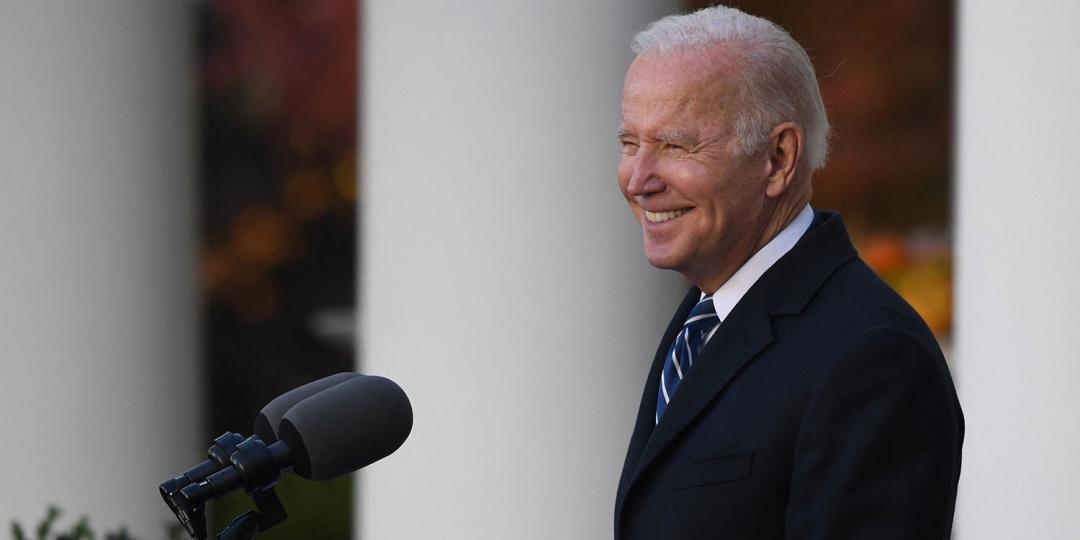The United States’ restrictions on travel from southern Africa will be ‘temporary’ and were only implemented to buy time for the country to be able to prepare.
This is according to Director of the National Institute of Allergy and Infectious Diseases and Chief Medical Adviser, Dr Anthony Fauci, who briefed media – along with President Joe Biden – at the White House yesterday (Wednesday, December 1) following news that the first US case of Omicron had been identified in California.
“We knew it was just a matter of time,” Fauci said. “The travel ban won’t prevent infected people from arriving, but we needed to buy some time to be able to prepare.”
Last week, after the World Health Organization named the Omicron variant as a variant of concern, Biden took immediate steps to restrict travel from the most impacted countries.
“We have the public health tools we need to continue to fight this virus without shutting down our schools and businesses. Nearly 60% of Americans are fully vaccinated, millions of Americans have already got their boosters. And, the Food and Drug Administration is reviewing additional antiviral treatments for when people do get sick,” said Biden.
He said by early next week, the US would tighten pre-departure testing protocols by requiring all inbound international travellers to test within one day of departure globally, regardless of nationality or vaccination status.
“This tighter testing timeline provides an added degree of public health protection as scientists continue to assess the Omicron variant,” said Biden, adding that he would also soon announce additional steps to strengthen the safety of international travel.
‘It’s like locking a screen door’
CNN’s medical analyst, Dr Jonathan Reiner, is not convinced that travel restrictions are effective, adding that they could be potentially damaging to global coronavirus tracking.
"I think this is really an illusion of protection. The metaphor that I have been using – it's like locking a screen door. You feel like you've done something to protect yourself, but you really haven't," said Reiner in an interview with CNN's Kate Bolduan.
Reiner, a professor of medicine and surgery at George Washington University, added: "I'm not sure what this ban will achieve, other than to add some disincentive to other countries that might be looking to do intense sequencing and identify variants.”
WHO Regional Director for Africa, Matshidiso Moeti, agreed, noting that putting travel bans, which target Africa, attacks global solidarity.
“COVID-19 constantly exploits our divisions. We will only get the better of the virus if we work together for solutions,” she said.
WHO has repeatedly cautioned against travel bans, highlighting that travel restrictions may only slow the introduction of a new virus or variant by a few weeks but bans hurt economies and discourage countries from being forthright about reporting new viruses or variants.
Airlines and operators directed to share passenger contact info
Meanwhile, the US Centers for Disease Control (CDC) and Prevention has directed airlines and aircraft operators to collect contact information for passengers entering the US from several African countries.
The directive, which took effect on Tuesday (November 30), affects passengers that have been in Botswana, Eswatini, Lesotho, Malawi, Mozambique, Namibia, South Africa and Zimbabwe.
Airlines and operators will have to share the contact information with the CDC for all passengers who have been in those countries within 14 days preceding their flight.
This designated information must be transmitted to the CDC within 24 hours of arriving in the US, the CDC order said.
The CDC would share the data with state and local public health partners for follow-up, the CDC said in a letter to airlines.
"This follow-up may include recommendations for potential post-arrival viral testing and quarantine and isolation," the agency told airlines in a letter.






















